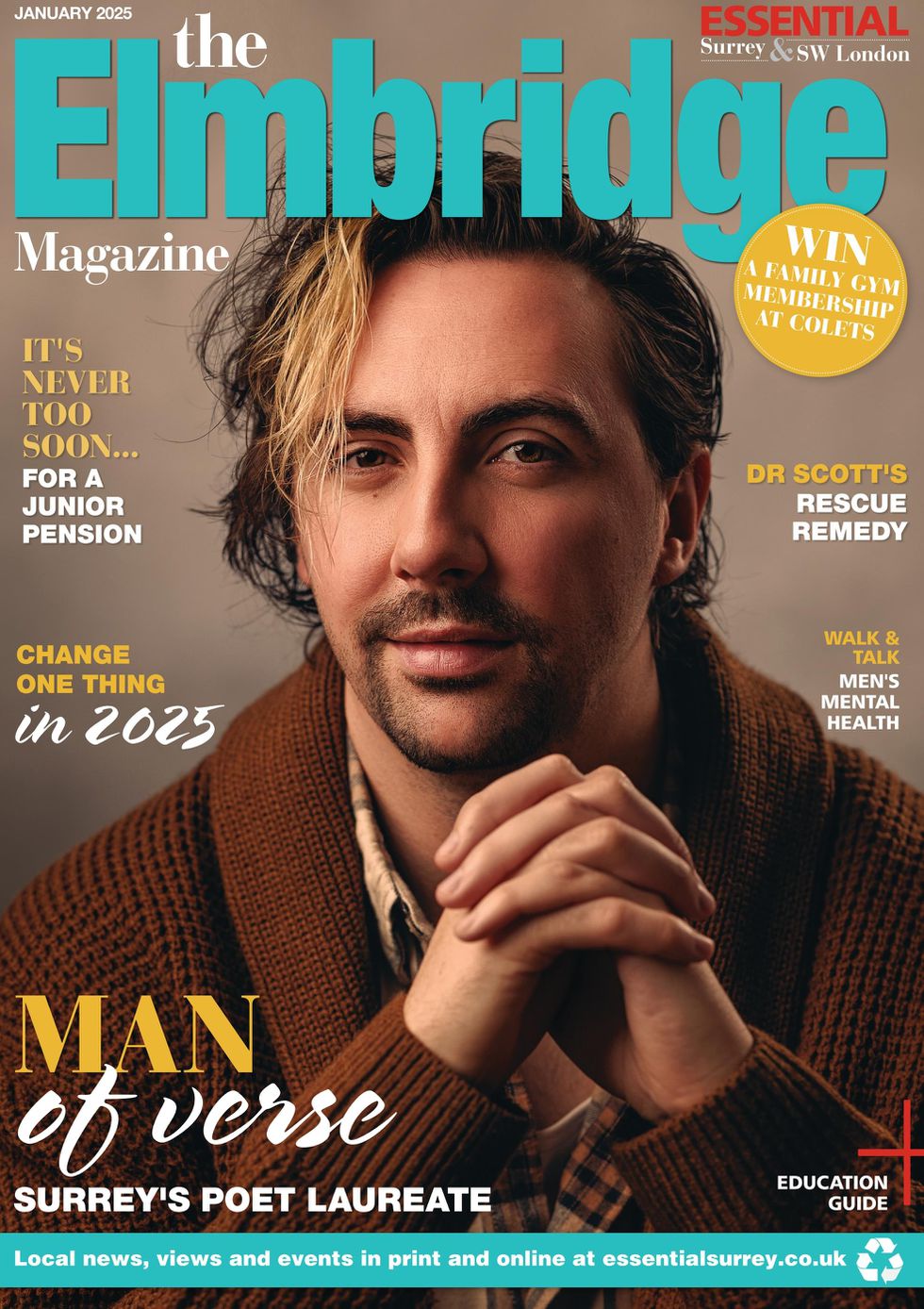Richard Nye offers commentary on sports latest fallen idol Maria Sharapova
It’s been the usual circus. The predictable swirl of incredulity laced with moral indignation; the usual flight of the sponsors; the familiar sound of celebrity masonry crashing to the ground. “My name is Maria Sharapova, Queen of Queens: Look on my works, ye mighty, and despair!”
Certainly there are questions. Why would a sportswoman in her prime need to take angina drugs for a decade – especially one known to enhance physical performance? How could a posse of advisors more numerous than the lost tribes of Israel fail to spot that said remedy had lately been proscribed? Sharapova, after all, is no innocent abroad, but a sophisticate at home in the shark-infested waters of branding, self-promotion and PR.
Truth, however, is often hazier than fiction. In all likelihood, Maria Sharapova is neither calculating villain nor the victim of undiluted chance. Did she know that meldonium had been banished from courts? She says not. Yet ignorance can be assisted, undesired knowledge kept uneasily at bay. Somewhere between awareness and innocence is a reluctant realm of half-knowing in which suspicions may be summarily dismissed. It is through the cloudiness of the mind that the heart speaks.
In a brilliant piece in The Guardian, Marina Hyde diagnoses Sharapova with the Ancient Greek ailment of hamartia. A recurring literary theme, hamartia is basically ‘to miss the mark’. As Hyde says, however, there is much debate as to whether the errors in question proceed from moral infirmity or are no more than tragic mistakes. Does Hamlet dither through culpable frailty, or is his indecision just poor judgment with unforeseeably catastrophic results?
Hyde herself clearly veers towards the former analysis.
“One thing we do know about downfalls,” she writes, “is that it never turns out to have been just the one thing. You never read the statement ‘He/she had it all’ without going on to discover that, rather than a bizarre anomaly, the act that precipitated someone’s fall was in fact of a piece with more of their earlier behaviour.”
Indeed. But hamartia is not just the province of Aristotle and Shakespeare. It is also a key concept in theology, appearing often in the New Testament and the Septuagint, the primary Greek translation of the Hebrew Old Testament. English Bibles generally render the word as ‘sin’, but – by a neat linguistic irony – this bald definition rather misses the mark. Think of it more as a failure to grasp the prize; a departure from an original ideal.
Viewed in that light, the distinction between moral flaw and tragic error collapses into one measureless cavern of shortcoming. Everyone, insists the apostle Paul,”falls short of the glory of God”.
Maria Sharapova, like the rest of us, can thus take heart at the approach of Easter: the time when all the hamartia in the world was laid upon the incarnate Christ. If God can pull that one off, solving a little problem like Maria is surely no trouble at all.
Anything to add? Get in touch with Richard – richard@sheengate.co.uk
Why not read another one of Richard's articles? Check this one out on the new golf/football hybrid thats becoming popular









